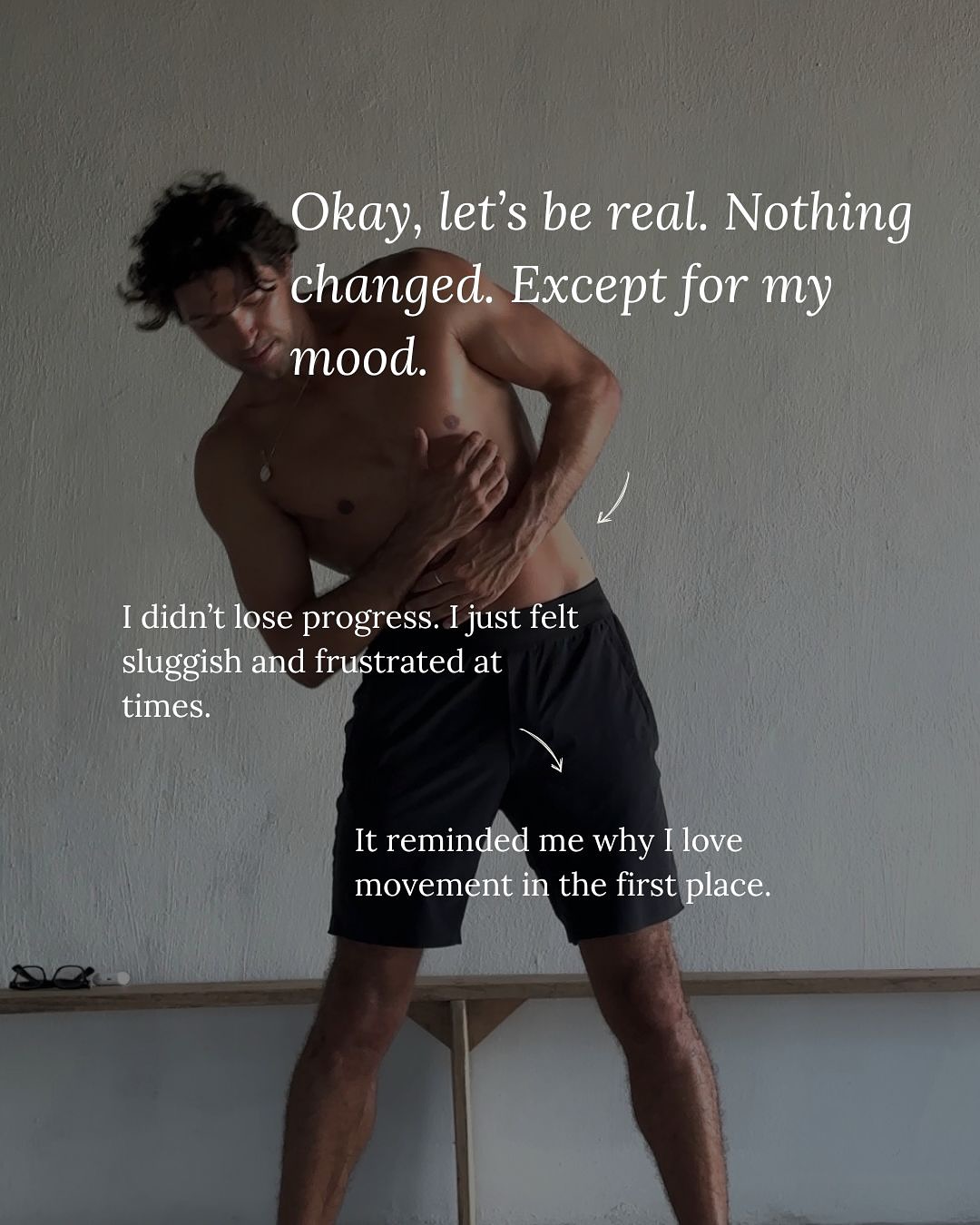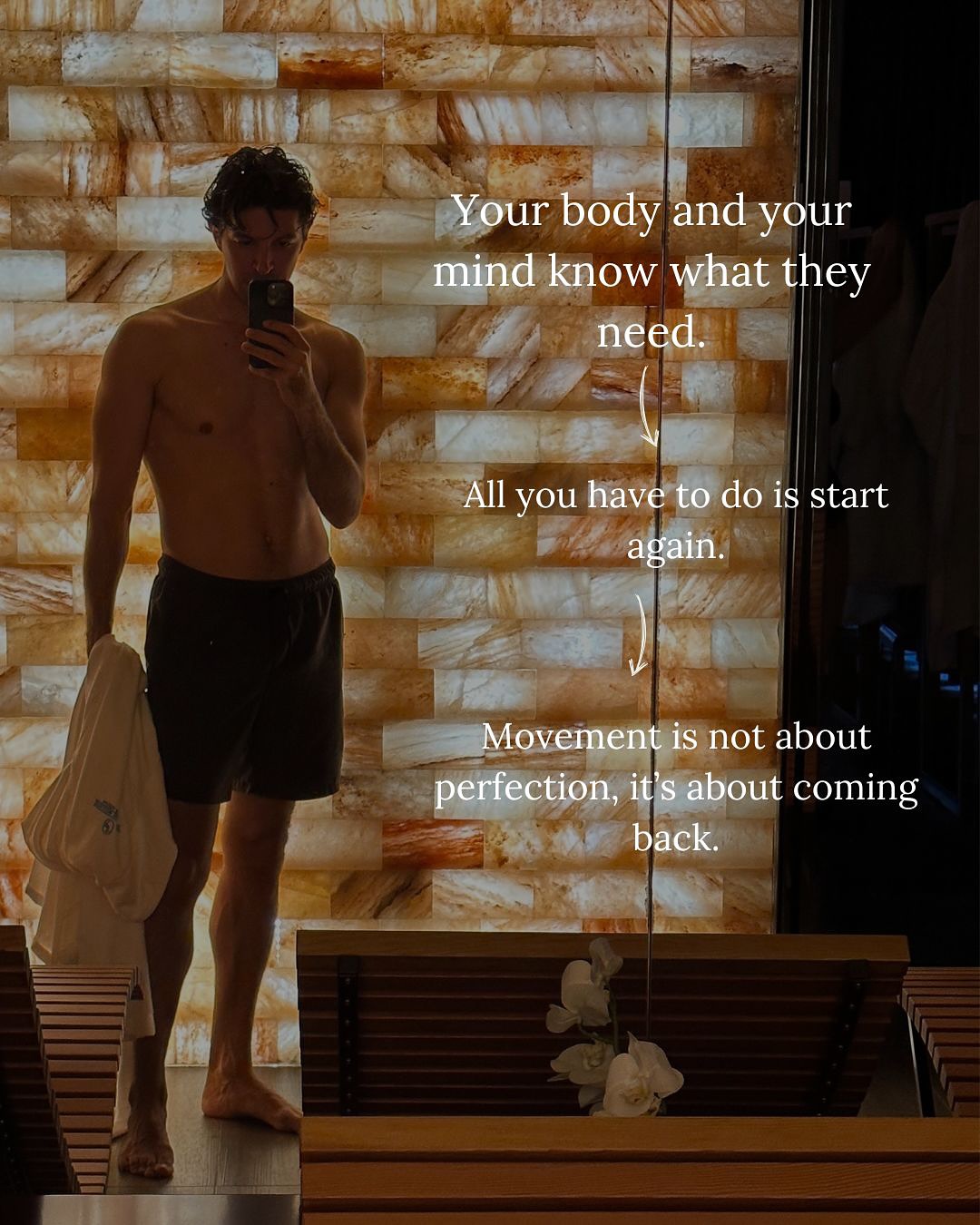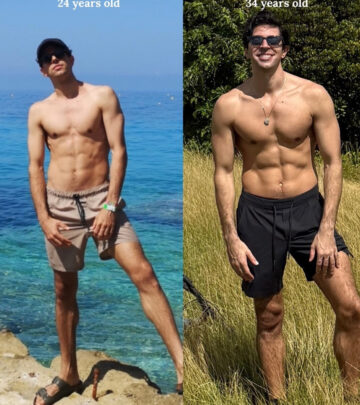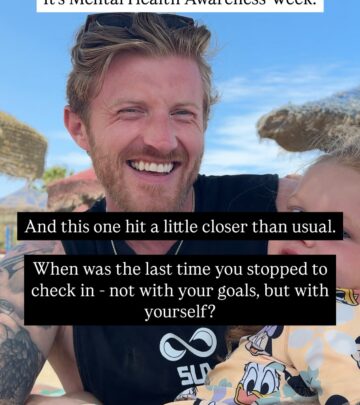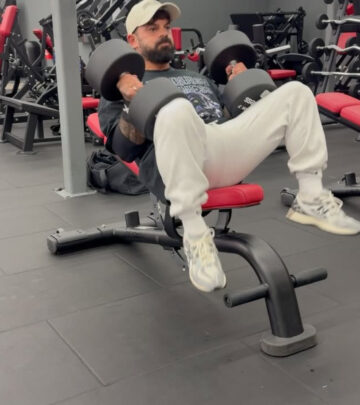Training Addiction: Finding Balance In Fitness
Embracing disciplined exercises with mindful rest and recovery, redefining wellness daily!
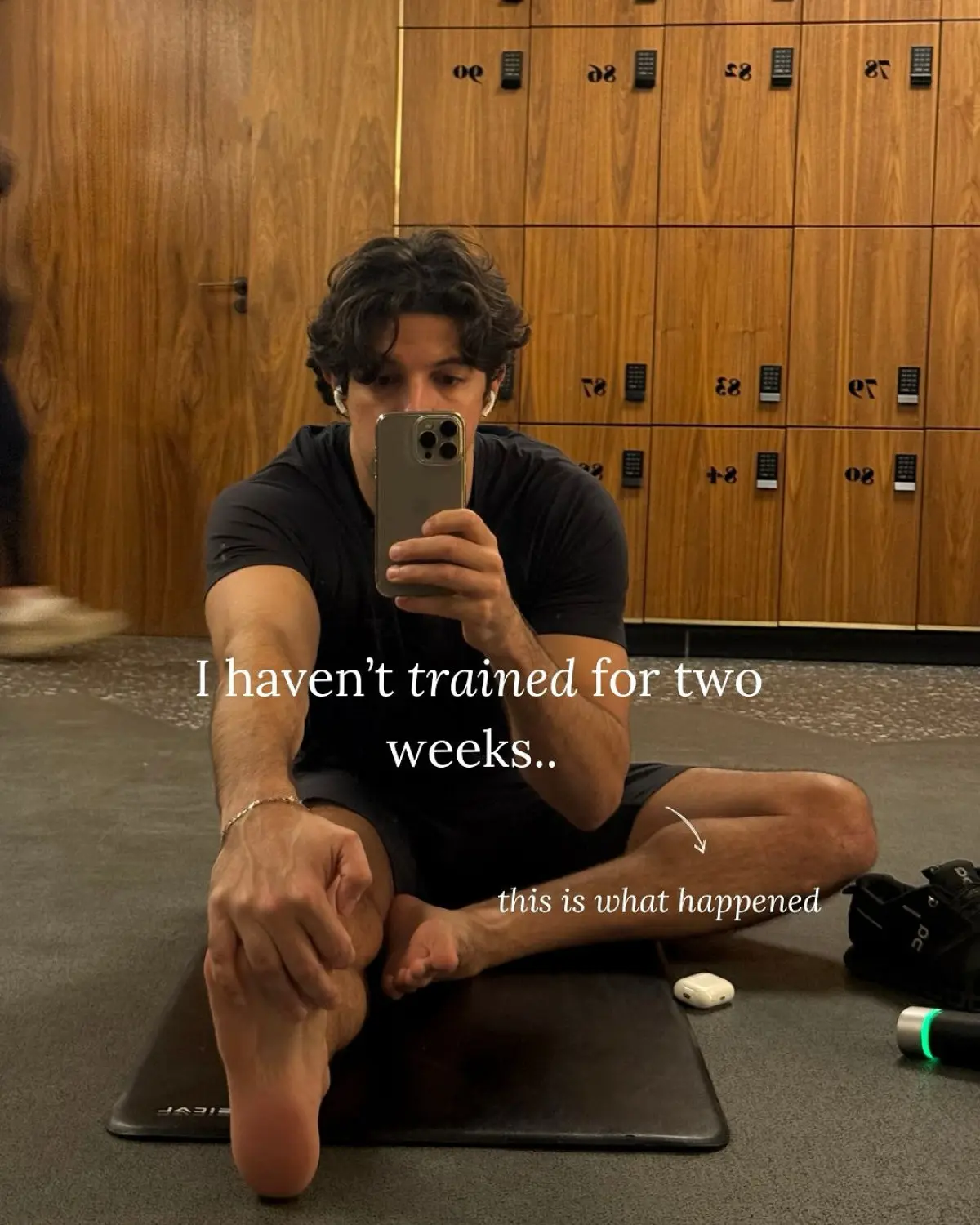
Image: Instagram
Ruben De Monte, a celebrated yoga, mobility, and wellness consultant with strong Italian and British ties, has stirred conversation on social media with his recent post declaring, “I think it’s official… I’m addicted to training, have you noticed?” In this candid note, Ruben addresses the conflicting narratives around intense physical training, proper recovery, and the guilt that sometimes shadows rest days. As someone who identifies at heart as a yogi, he champions a balanced approach: one that listens to the body and acknowledges the need both to push forward and to pause.
Embracing The Duality Of Fitness
In an era where social media often blurs the line between inspiration and misinformation, Ruben’s message stands out. He acknowledges the prevalent misconceptions about training and recovery routines that leave many individuals feeling guilty when they take a necessary break. “There’s so much misinformation out there around training every day, recovery, and that nagging guilt some people feel when they take a rest day,” he writes. His straightforward post invites followers to reflect on their own fitness habits and share whether they too have experienced that uncomfortable tug-of-war between dedication and self-care.
The post, accompanied by several vivid images from his Instagram feed, shows Ruben in various dynamic yoga poses—in natural light, with a backdrop that hints at both indoor and outdoor training setups. These images not only underscore his passion for movement but also reinforce the importance of mindfulness in every exercise session. The visuals add depth to his statement, reminding us that training is as much about internal balance as it is about physical exertion.
Navigating The Misinformation Maze
Ruben’s approach is both refreshing and instructive. Drawing on his experience, he advocates for a holistic style of training that seamlessly blends intense workouts with restorative practices. This personal insight is particularly significant given the current fitness climate, where extreme workouts often overshadow the equally important recovery process.
Notably, his message resonates with many who have shared similar sentiments on social platforms. For instance, in one of his earlier Instagram posts from a week-long yoga retreat, Ruben captured the essence of rest with an image that radiated calm and rejuvenation. The caption, “A week of yoga retreat, time to rest 🙏,” further highlighted his belief in the restorative power of balanced living.
Ruben’s commitment to maintaining a balanced lifestyle also extends to collaborations with notable brands. A recent event in partnership with Smeg UK saw him combining a morning yoga session with the delight of savoring bubbles, a modern twist on the traditional wellness routine. Events like these amplify his broader message: fitness, when approached with mindfulness, has the power to transform both body and spirit.
A Candid Conversation On Rest And Recovery
The discussion initiated by Ruben is not merely about physical fitness but digs deeper into our cultural perceptions of work, rest, and self-discipline. By questioning the unwarranted guilt associated with taking a break, he invites his audience to reframe how they view rest. His post ends with a direct question to his followers – “What’s your take on this? Do you ever feel guilty for resting?” – a clear call for engagement that has sparked a rich dialogue among his community of fitness enthusiasts.
This interactive approach is a hallmark of Ruben’s communication style. It transforms a personal confession into a broader conversation about wellness, where experiential knowledge meets science-backed recovery principles. His balanced viewpoint is a reminder that well-being is not merely about pushing limits, but also about respecting the signals that the body sends during times of recuperation.
The fitness arena today is heavily influenced by influencers like Ruben who provide authentic narratives in a saturated digital space. His transparency about his own training addiction offers a counter-narrative to extreme fitness regimens, urging individuals to adopt a more sustainable approach. As enthusiasts weigh the benefits of rigorous workouts against the necessity for recovery, Ruben’s message serves as a timely reminder that effective training is built on listening to one’s body and striking a deliberate balance between effort and ease.
Ruben’s insights illustrate a broader trend: the evolving understanding of fitness where mental and physical self-care are integral to progress. His blend of high-energy training and mindful rest not only informs but also inspires a more adaptable and compassionate approach towards one’s personal health journey.
In the end, Ruben De Monte’s declaration is more than just an observation about his own habits—it’s a call to his community to embrace a fitness philosophy that integrates movement with recovery, vigor with mindfulness, and dedication with self-compassion.
Read full bio of Vidya Tadapatri



